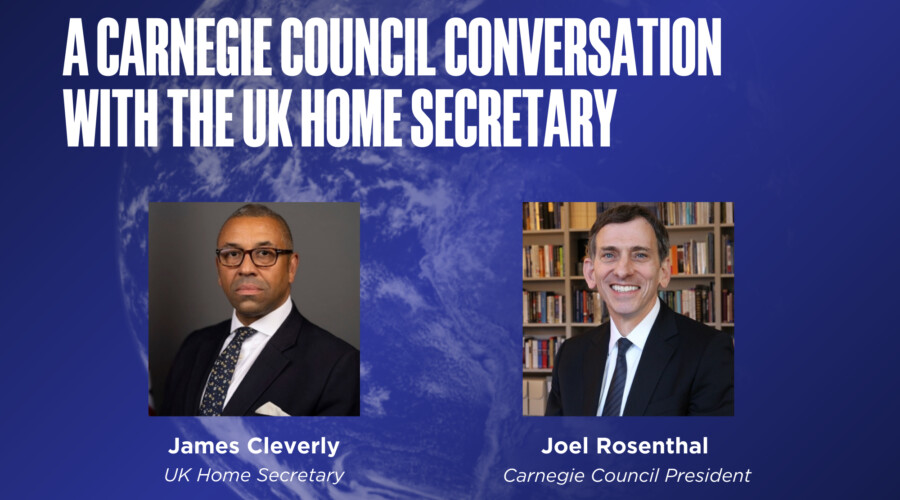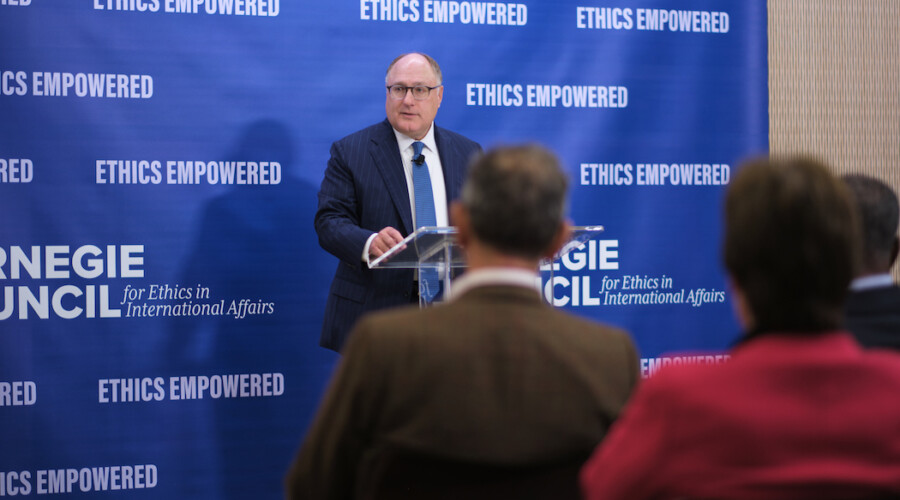Can you hold to ethical standards and serve a government that makes mistakes? Does becoming a diplomat mean, "my country right or wrong"?
If a diplomat disagrees with instructions, they supposedly have two choices. When a line is crossed, it seems simple: blow the whistle or keep quiet. In practice it's never this easy.
The Head of the Legal Office in Britain's Foreign Ministry argued that attacking Iraq in 2003 was illegal, but did not resign when the Blair government joined the attack. The Deputy Head did resign.
Did they both act ethically? Yes, probably. For one loyalty overrode professional opinion, for the other a line was crossed.
Most issues do not offer the specificity or moral clarity of the Iraq War. Perhaps diplomats should apply one standard to war and peace, another to national image. Perhaps ethical decisions are rare, not ongoing weekly choices.
Hypothetically, your government provides teachers to a poor country. Your government insists that the curriculum places your country in a very favorable light. What about academic freedom and these heavy-handed intrusions? Does this insistence defeat the purpose? Is this issue worthy of resignation?
American naval hero, Stephen Decatur, offered a famous toast "Our country! In her intercourse with foreign nations, may she always be in the right; but right or wrong, our country."
Where should diplomats draw the line? Can their personal beliefs override their oaths to country? Should diplomats be governed by higher laws or norms: Christian, Islamic, Buddhist, etc.?
What do you think? Can you hold to ethical standards and serve a government that makes mistakes? Does becoming a diplomat mean, "my country right or wrong"?


